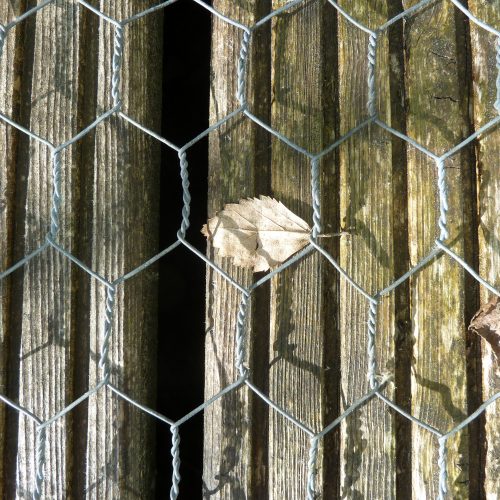#WeAreOCA
The Open College of the Arts' blog
Browsing Category:
poetry
What can poetry do?
Posted: 15/02/21 09:43 |
0 Comments
I’ve been thinking of what poetry can and can’t do in a week which saw both Amanda Gorman, the USA youth poet laureate, performing her poem at the inauguration ceremony of President Biden in Washington, and a reading by the ten poets short-listed for the T.S. Eliot prize in the UK. The German philosopher, Theoodre […]
Read More
How to sequence a sequence
Posted: 05/08/19 09:04 |
0 Comments
“We looked for connecting themes, for a narrative, for a chronology.. Having achieved an order that I have to admit at first I doubted was going to be possible, I began to feel quite pleased with the way this random selection of poems had turned into a sequence.”
Read More
What is your tutor up to? Garry MacKenzie
Posted: 17/07/19 09:56 |
1 Comments
I’m really interested in what nets mean to you. Do you come from a fishing background? Can you wax lyrical about the moment when a football hits the back of the net? Are you a knitter?
Read More
Ekphrastic Poetry
Posted: 11/06/19 09:39 |
1 Comments
It’s easy to look at a painting, for example, Van Gogh’s yellow bed and chair,, and respond with words. You might write a short story or a narrative poem about someone, possibly Van Gogh himself, who lived here. You might write a poem reproducing what you see in the painting, or something slightly more philosophical about bedrooms and their owners. But what do you write when the painting you are looking at is abstract?
Read More
Women’s History Month: Aemilia Lanyer
Posted: 15/03/19 09:46 |
0 Comments
Since March is Women’s History Month it seems like a good time to celebrate the work of women writers from an earlier age. Fortuitously, as joint editor of NAWE’s Higher Education Journal, Writing in Practice No 5, I read an article by Sally O’Reilly analysing her approach to writing a historical novel, Dark Aemelia, (Myriad Editions, 2015) about Shakespeare and his relationship with Aemilia Lanyer, a contemporary poet, and a possible identity for the Dark Lady of his sonnets.
Read More
Poetry with a Cause: Writing a Poetry Manifesto
Posted: 12/02/19 09:32 |
1 Comments
What does a poem stand for? What is a poem? What is a poem for? What should a poem be? What should it feel like? What should a poem do? How should it do that? How does a poem relate to the world? Why do you want to write it? What is writing like? Is poetry political? Is all poetry political? How can poetry change the world? How will your poetry change poetry?
Read More
Basing characters on real people
Posted: 22/01/19 09:53 |
0 Comments
f a character stays too close to someone you know, you’re always thinking, so-and-so wouldn’t do/say/ think that. The character must always serve the story, rather than the other way round.
Read More
Bringing it all together: the genesis of a poem
Posted: 11/12/18 09:19 |
3 Comments
I want to share details of how I wrote a poem recently, bringing several aspects of my writing life together. The idea for the poem started with a workshop I was doing for the WEA in Weston Super Mare.
Read More
In praise of poetry sequences
Posted: 10/12/18 09:36 |
0 Comments
I never fail to be amazed at how much a single poem can sometimes contain. It might contain ideas, images, ambiguities and multiple interpretations. It can be full of sound and music, and give the reader a powerful narrative. There is so much a poem can do.
Read More
Remembrance Sunday
Posted: 09/11/18 09:14 |
2 Comments
Remembrance Sunday falls this year on Armistice Day itself. This year also marks 100 years since the end of the First World War which saw an estimated 10 million people lose their lives. The conflict spawned many artistic outputs as people sought to express the horror, and the suffering of it all. Poetry in particular is exceedingly well known through the works of Siegfried Sassoon, Robert Graves, Ivor Gurney, Wilfred Owen, and David Blunden to name but a few of the more famous examples.
Read More





